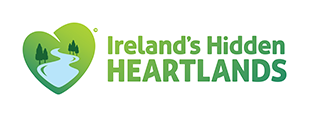Page not found
There was an error or the page you requested was not found.
Possible causes
- The page no longer exists
- The link to the page has changed
- There is a problem with the page and it is not functioning correctly.
Solutions
Please use one of the following:



